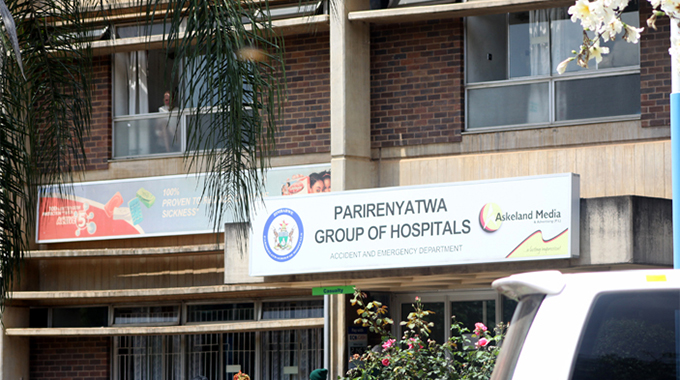Our hands are clean, say funeral parlours

Felex Share Herald Reporter—
Funeral parlours yesterday denied that the embalming fluids they release contaminate drinking water systems in the country. Speaking during a meeting between water polluters and council officials in Harare yesterday, Funeral Services Association of Zimbabwe president Mr Chomi Makina said embalming fluids (formaldehydes) were not used to wash bodies.
FUSAZ brings together more than 30 funeral service firms.
“What has been coming out in the media is wrong,” said Mr Makina, who is also the Moonlight Provident Associates group chief executive.
“Embalming fluids are not used to wash bodies, but are injected into the dead body to delay decomposition and also keep the body in shape before burial. So, their application is not external. We wonder how we contaminate water in that way as the body ends up underground.”
Mr Makina said 99 percent of the fluid was buried with the body, with the balance being attributed to spillage and “normal loss” during the embalming process.
“Over 95 percent of the embalming being done by parlours is partial embalming as opposed to full embalming,” he said. “This means that small amounts of formaldehydes are being used.
“The rest in body washing is done using ordinary detergents similar to those used in live body bathing such as soap and methylated spirit.”
Funeral parlours, Mr Makina said, remained committed in complementing Government efforts in fighting pollution.
“All parlours that did not have holding tanks or disposable bins to store contaminated items before their incineration will put these in place with immediate effect,” he said.
“The contaminated material will be removed from the parlour for incineration by licensed and experienced contractors.”
Harare provincial administrator Mr Alfred Tome said everyone should declare zero tolerance to water pollution.
“We do not want anything that endangers people’s lives or plants hence the decision to be serious on this front as directed by Cabinet,” he said.
“Local authorities should engage all industries and firms that are not attending these meetings because this is everyone’s fight.”
All water polluters have up to the end of this month to install waste interceptors and pre-treatment plants to prevent discharge of raw effluent into water bodies, failing which they will face closure.
Meetings are being held every Tuesday between the local authorities and the firms that contaminate water, with Cabinet getting regular updates on the progress made from a committee set up to probe causes of water pollution and raw sewage disposal.
The move is in line with the Zimbabwe Agenda for Sustainable Socio-Economic Transformation (Zim-Asset) whose cluster on infrastructure and utilities stresses the need for a robust, elaborate and resilient infrastructure in water and sanitation for the country to register economic growth.
Service stations, fuel holding depots, food processing plants, tanneries, food outlets, breweries and beverage producers, abattoirs and chemical processing









Comments